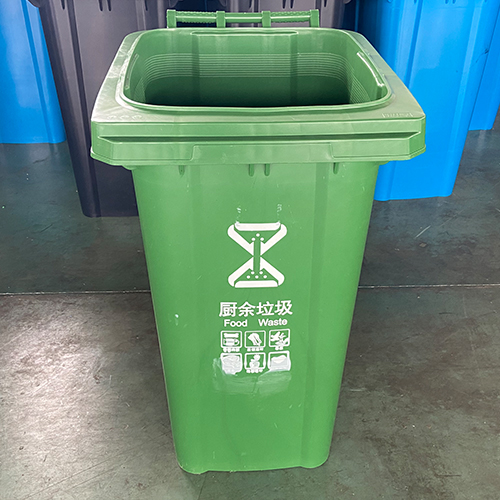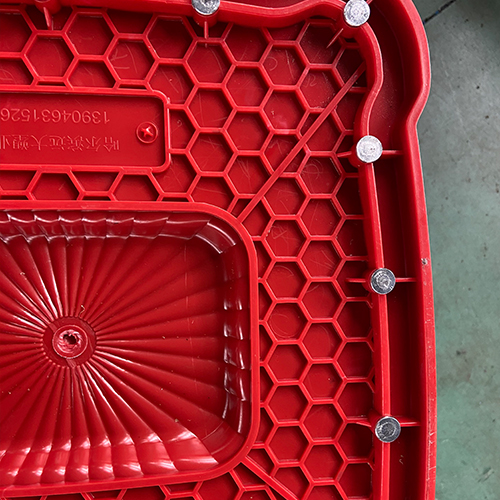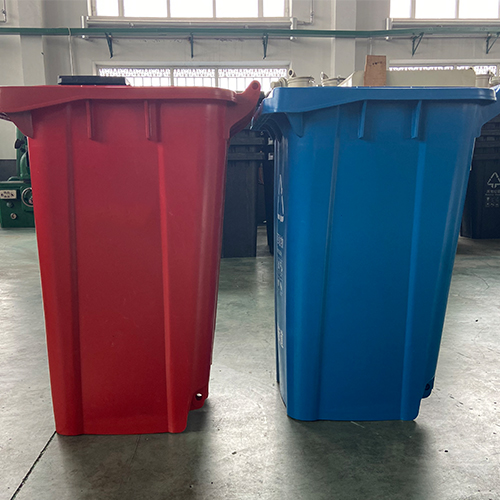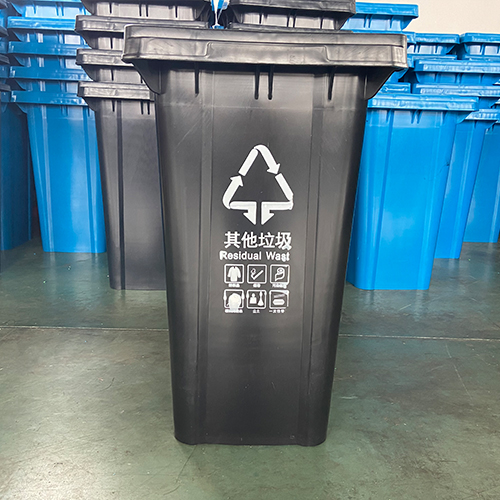
The household garbage can is surrounded by bacteria, viruses and molds every day, which pollutes the indoor environment because it needs to accept all kinds of household garbage. Therefore, it is a "bacterial nest" that is easy to hide dirt and accept dirt. In order to stay healthy at home, special attention should be paid to the selection, placement and cleaning of household garbage cans. below Classified dustbin Manufacturer Give a detailed introduction. 1. First of all, when purchasing household garbage cans, try to choose stainless steel. Some plastic garbage cans on the market may contain some radioactive substances or harmful volatile substances due to the unclear source of the source materials, which has certain health risks. However, stainless steel garbage cans not only have few such problems, but also are easy to clean. In addition, we should choose smaller garbage cans, which can encourage us to dump garbage frequently and shorten the time for bacteria to breed. 2. In terms of the number of garbage cans, two garbage cans in the home are enough. More places will be occupied and pollution sources will be increased. One for the kitchen and one for the living room. If the toilet bowl has a good flushing function, the toilet paper after defecation can be directly flushed away with toilet water, and there is no need to put the garbage can again. If you think it is inconvenient, you can put a small dustbin with a lid. Qiqihar Classified dustbin It should also be placed in a well ventilated place to remove the odor generated by garbage in time.

Qiqihar Classified dustbin It can help to establish a good investment and tourism environment. The cleanliness of garbage cans and the comprehensive utilization of environmental resources reflect the management level of the city government and the quality of urban residents. Whether for investment or tourism, investors or tourists, the first concern is not the economic development of the city, but the image of the city. outdoors Classified dustbin It is easier to see the settings and placement on the car, so it is self-evident that the urban garbage can has an impact on the outside. Environmental sanitation waste is conducive to the optimization, integration and recycling of resources. Now, this city is set as a recycling bin, which is the concept and difference between recyclable and non recyclable garbage. Recyclable garbage can be recycled and recycled. For example, the recycling of waste paper is not only conducive to environmental protection, but also conducive to the rational development and utilization of forest resources.

Qiqihar Classified dustbin It can make our life clean and tidy. Of course, it is indispensable to beautify the urban environment. It always sacrifices itself, but cleans others. It's really a good helper that everyone likes. How do we maintain it Qiqihar Classified dustbin To extend its life span? There is not much difference in price between some products, but there is a big difference in quality. So when we make a choice, we should carefully distinguish the quality of these products, and then make some suitable choices. You can have some correct methods to really buy those products with better quality, In this way, we can make ourselves more confident when using.

Qiqihar Classified dustbin There are different colors. According to the national unified mark, the domestic garbage is reclassified into five categories Qiqihar Classified dustbin They are green classified dustbins, gray classified dustbins, blue classified dustbins, red classified dustbins and yellow classified dustbins. Red classified dustbins represent hazardous substances, sometimes marked with orange. Hazardous substances include waste batteries, fluorescent tubes, paints, expired drugs, cosmetics and other non recyclable substances with certain pollution hazards. Green plastic dustbin In the case of combination of multiple plastic dustbins, green represents kitchen waste. Kitchen waste can be used as fertilizer for plant nutrients. After soil burial, it can be decomposed and absorbed by natural microorganisms and plants, playing the role of waste recycling.






